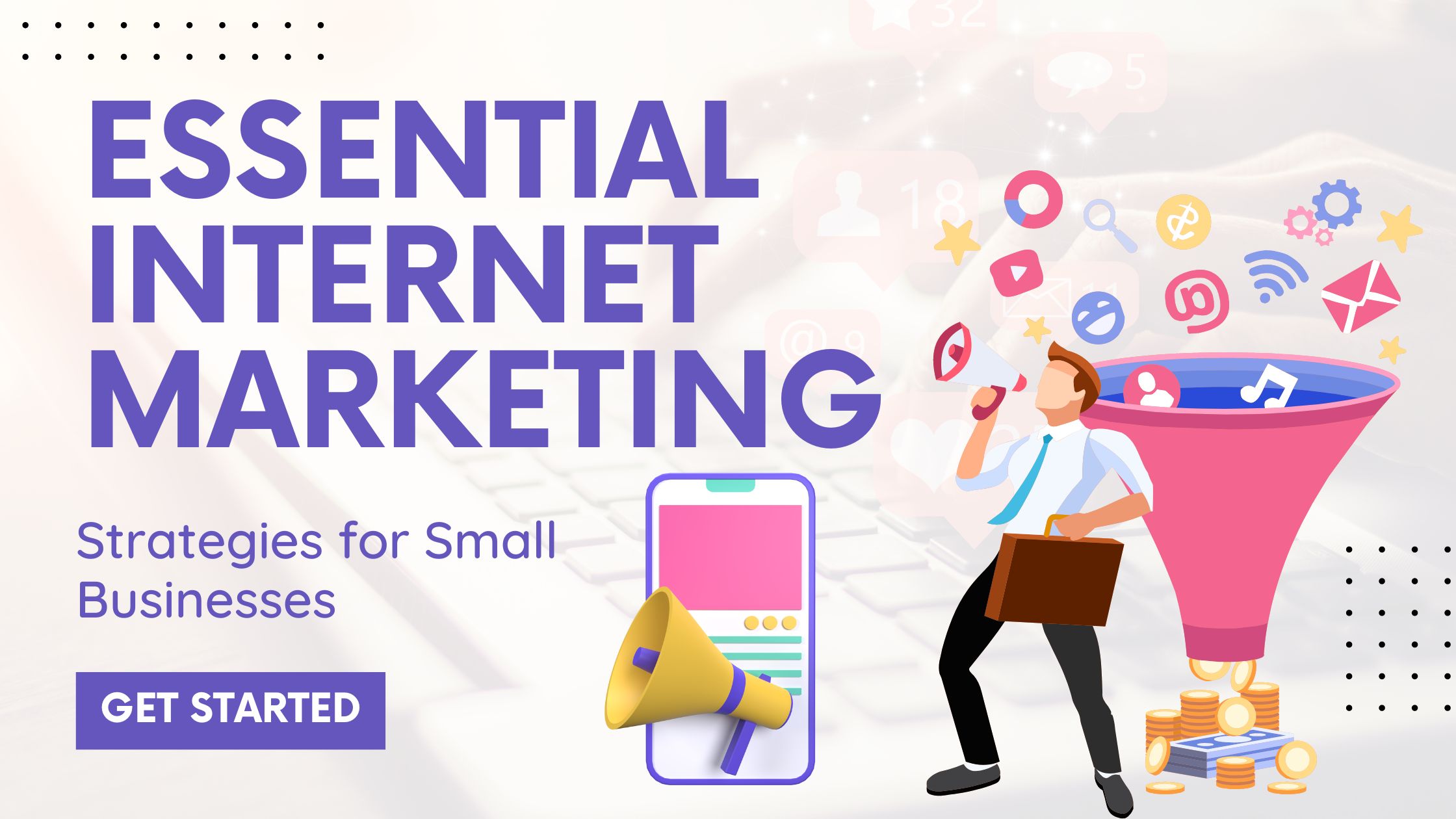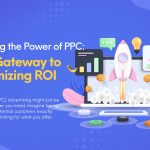Essential Internet Marketing Strategies for Small Businesses
In today’s digital age, an effective online presence is crucial for small businesses to thrive. With the right internet marketing strategies, even small businesses can compete with larger enterprises and reach their target audience effectively. Here are some essential internet marketing strategies that small businesses should consider to boost their online presence and grow their customer base.
1. Build a User-Friendly Website
Your website is often the first impression potential customers have of your business. A well-designed, user-friendly website is crucial for establishing credibility and trust. Ensure your website is:
- Mobile-responsive: With the increasing use of mobile devices, your website must look and function well on smartphones and tablets.
- Fast-loading: A slow website can drive visitors away. Use tools like Google PageSpeed Insights to check and improve your site’s speed.
- Easy to navigate: Make sure visitors can easily find the information they need, whether it’s your products, services, contact details, or a blog.
2. Search Engine Optimization (SEO)
SEO is the process of optimizing your website to rank higher in search engine results pages (SERPs). Higher rankings lead to more visibility, which can increase traffic to your site. Key aspects of SEO include:
- Keyword research: Identify the keywords and phrases your target audience uses when searching for products or services similar to yours.
- On-page optimization: Use relevant keywords in your content, meta descriptions, titles, and headers.
- Quality content: Create valuable, engaging content that answers your audience’s questions and meets their needs.
- Backlinks: Gain high-quality backlinks from reputable websites to improve your site’s authority.
3. Leverage Social Media Marketing
Social media platforms are powerful tools for small businesses to connect with their audience, build brand awareness, and drive traffic to their websites. Here’s how to make the most of social media:
- Choose the right platforms: Focus on platforms where your target audience is most active. Whether it’s Facebook, Instagram, LinkedIn, or Twitter, tailor your content to each platform.
- Engage with your audience: Respond to comments, messages, and reviews promptly. Engaging with your audience fosters a sense of community and loyalty.
- Consistent posting: Regularly share content that is relevant, informative, and entertaining to keep your audience engaged.
4. Content Marketing
Content marketing involves creating and sharing valuable content to attract and retain customers. It’s a long-term strategy that builds trust and authority. Key elements include:
- Blogging: Regularly publish blog posts on topics relevant to your industry. This not only drives traffic to your site but also helps improve your SEO.
- Ebooks and Whitepapers: Offer in-depth resources that provide value to your audience. These can be gated content, requiring visitors to provide their email address to access, helping you build your email list.
- Video Content: Videos are highly engaging and can be used for product demonstrations, tutorials, customer testimonials, and more.
5. Email Marketing
Email marketing remains one of the most effective ways to nurture leads and keep your audience informed. Build a strong email list and use it to:
- Send newsletters: Share company news, blog posts, product updates, and special offers.
- Personalize content: Use segmentation to send targeted messages that resonate with specific audience segments.
- Automate campaigns: Set up automated email sequences to welcome new subscribers, nurture leads, and follow up with customers post-purchase.
6. Pay-Per-Click Advertising (PPC)
PPC advertising, such as Google Ads or social media ads, allows you to reach your target audience quickly. With PPC, you pay only when someone clicks on your ad. To maximize your PPC efforts:
- Target specific keywords: Use keywords relevant to your products or services.
- Monitor and adjust: Regularly review your campaigns and adjust your strategy based on performance data.
- Budget wisely: Set a budget that you’re comfortable with and scale up as you see results.
7. Online Reviews and Reputation Management
Online reviews are critical for small businesses. Positive reviews build trust and can significantly impact purchasing decisions. Here’s how to manage your online reputation:
- Encourage reviews: Ask satisfied customers to leave reviews on platforms like Google My Business, Yelp, or Facebook.
- Respond to reviews: Thank customers for positive reviews and address any concerns raised in negative reviews professionally.
- Monitor your reputation: Use tools like Google Alerts to stay informed about what’s being said about your business online.
8. Local SEO
For small businesses, especially those with a physical location, local SEO is vital. Local SEO ensures your business appears in local search results when potential customers are looking for products or services near them. Focus on:
- Google My Business: Claim and optimize your Google My Business listing. Ensure your business name, address, phone number, and hours are accurate.
- Local keywords: Use location-based keywords in your website content and meta descriptions.
- Local directories: Ensure your business is listed in local online directories like Yelp, TripAdvisor, and industry-specific directories.
Conclusion
Internet marketing offers small businesses a cost-effective way to reach a broad audience and compete with larger companies. By implementing these essential strategies—building a user-friendly website, optimizing for search engines, leveraging social media, engaging in content marketing, and more—you can grow your business and achieve long-term success. Remember, consistency and adaptability are key. As the digital landscape evolves, so should your internet marketing strategies.




